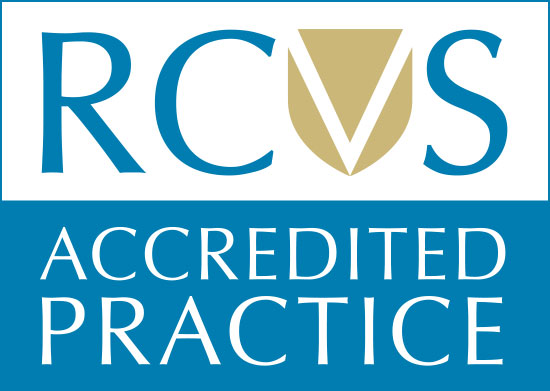Bunnies – The Dos and Don’ts | Rabbit Care Advice from Oathall Vets
Rabbits are intelligent, social animals that make wonderful pets — but they have specific needs that differ from cats or dogs. Whether you’re a first-time bunny owner or just looking to brush up on best practices, here are some essential dos and don’ts for rabbit care, brought to you by the team at Oathall Vets.
The Dos of Bunny Care
- Do provide plenty of space
Rabbits need space to hop, stretch and explore. A hutch alone isn’t enough — they need a secure run or access to a bunny-proofed indoor area. Think of your rabbit’s hutch as their bedroom, not their entire home. - Do feed the right diet
A healthy rabbit diet should consist of:- 85% high-quality hay or grass
- A handful of fresh greens and leafy veg daily
- A small amount of rabbit pellets
- Constant access to fresh water
- Do keep them in pairs (or more)
Rabbits are highly social and can become lonely or depressed when kept alone. Bonded pairs or small groups of neutered rabbits provide companionship and improve welfare. - Do rabbit-proof your home or garden
If your rabbit is indoors or enjoys garden time, make sure wires, toxic plants, and small spaces they could get stuck in are inaccessible. Supervision is key! - Do keep their vaccinations and parasite protection up to date
Rabbits should be vaccinated against myxomatosis and Viral Haemorrhagic Disease (VHD1 and VHD2). At Oathall Vets, we can advise you on the best protection for your rabbit. - Do handle gently and regularly
Daily interaction helps build trust. Support their body properly and avoid sudden movements. Never pick up a rabbit by its ears. - Do check teeth and nails
Rabbit teeth never stop growing. Regular checks can prevent painful overgrowth or dental disease. Long nails should also be trimmed to avoid injury.
The Don’ts of Bunny Care
- Don’t feed muesli-style rabbit food
These mixes encourage selective feeding and can lead to nutritional imbalance and dental issues. Stick to hay, fresh greens, and measured pellets. - Don’t keep them in small hutches
Housing that’s too small is a common welfare issue. The RWAF (Rabbit Welfare Association & Fund) recommends housing large enough for three full hops and to stand upright on their hind legs. - Don’t forget mental stimulation
Rabbits need toys, tunnels, digging boxes, and time to explore to stay happy and healthy. Boredom can lead to destructive behaviour or illness. - Don’t ignore signs of illness
Rabbits hide pain well. If your bunny stops eating, becomes quiet or produces fewer droppings, it could be a medical emergency like gut stasis. Always contact us if you’re concerned. - Don’t put them with guinea pigs
Although it’s often done, it’s not advisable. Rabbits can unintentionally injure guinea pigs, and the two species have very different dietary and social needs.
Looking After Your Bunny with Oathall Vets
At Oathall Vets, we love rabbits and understand how special they are. Our team is here to support you with care and advice — from vaccinations and neutering to diet and behaviour.
If you have any questions about your bunny’s health or care, get in touch. We’re always happy to help!
Call Oathall Vets today to book a check-up or speak with one of our friendly veterinary nurses about rabbit welfare.







